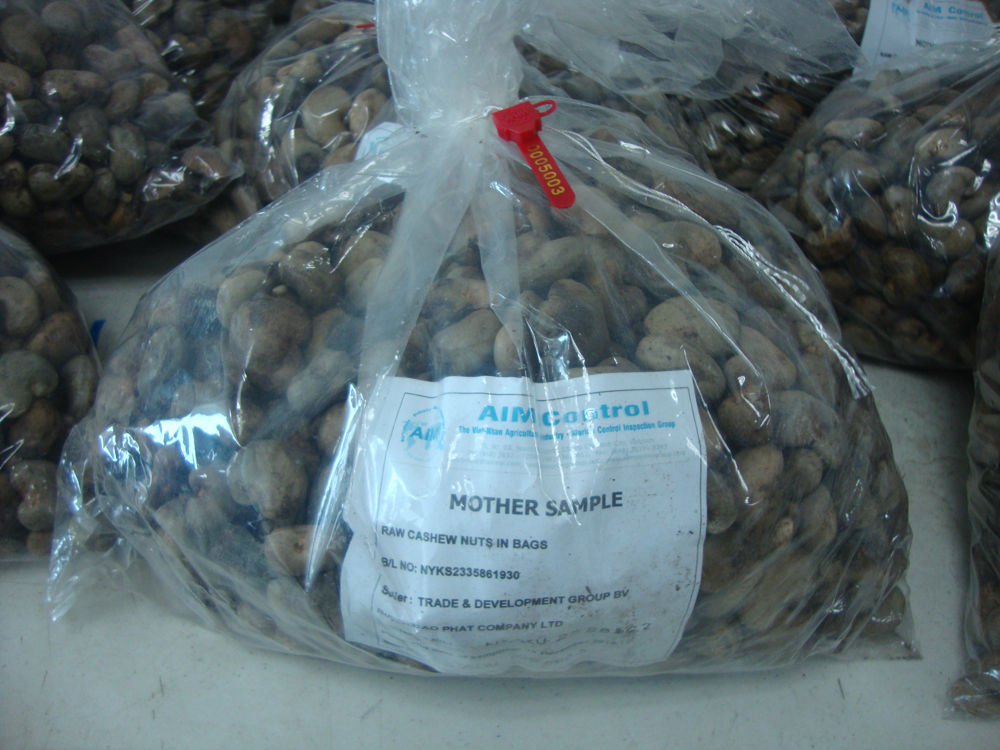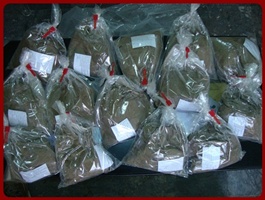Sampling in dispute
Sampling in dispute
Supervision of sampling in dispute for claims, arbitration and testing/analysis are Proper drawing of samples need to be corrected in commodity trading. In many cases, samples drawn are submitted to laboratories for analyses and the results serve as a basis for the establishment of final accounts. In case of arbitration, the allowances to be made in compensation for discrepancies in quality or condition are fixed on the basis of samples. Sampling consequently requires exceptional professional skill and many years of experience, coupled with a thorough and intimate knowledge of commodities and their properties
Sampling in dispute consequently requires exceptional professional skill and many years of experience, coupled with a thorough and intimate knowledge of commodities and

Sampling in disputation & Analysis
Carry out sampling in disputation and prepare Composite Samples in presence of supplier’s representative.
The representative composite sample shall be drawn in the customary manner during loading operations in presence of supplier’s representative. A certificate of sampling detailing destination of the samples shall be made out and signed by AIM and supplier’s representative to the sampling process.
The analysis is to be carried out of the following constituents:
AIM Lab. shall carry out the analysis of the various constituents detailed under
Example for cargo are DAP
|
Di-Ammonium Phosphate (DAP) (Granular) |
|
|
Total Nitrogen |
% by weight on dry Basis |
|
Nitrogen as Ammonical Nitrogen |
% by weight on dry Basis |
|
Nitrogen in the form of Urea |
% by weight on dry Basis |
|
Total P2O5 |
% by weight on dry Basis |
|
Water soluble P2O5 |
% by weight on dry Basis |
|
Moisture |
% by weight |
|
Particle Size |
% should pass through 4 mm IS sieve and should be retained on 1 mm IS sieve. Below 1 mm size should not be more than % |
Analysis of Composite Sample (in dispute) is to be carried out in AIM’s own lab and if AIM’s own laboratory is not available, then the Analysis must be carried out at independent laboratory in presence of AIM’s authorized lab-chemist owning the responsibility of Analysis results. AIM has to give the name of Laboratory where the analysis is done if the same is not done in AIM’s own laboratory.
The time allowed for Submission of Analysis results is 5 days from the dated of sampling).
Samples drawn during loading operation shall be sealed, duly signed by AIM and Supplier’s representative and shall be sent to following:
- The sealed samples shall be sent to AIM’s Client,
- The sealed samples to be retained by AIM
- The sealed samples to be given to suppliers (buyer).
- The sealed samples to be given to ship-owner (other parties)
Place of sampling in disputing to test and analysis: at supplier’s premise, in factories and manufactories, consignee’s warehouse, in ports, at port’s yards, on board of ship, anchorage, and harbors, mineral fields and on site of inspection on global and in Vietnam; China, Korea, India, Malaysia, Indonesia, Philippines, Singapore, Asia; Italy, U.K, Netherlands, Russia, Germany, Europe; Spain, Nigeria, Egypt, Angola, Congo, Tunisia, Côte d'Ivoire, South Africa; Chile, Brazil, Argentina, Peru, America, others.
Times of sampling in disputing: pre-fabrication, during fabrication, final production, at the time of pre-shipment, pre-loading, loading on board of ship, containers, trucks, before exporting, during discharging, after and at the time of damage/loss, after importing and others.

AIM Control's samples and its reports will be immediately sent in result and photos.
The sampling for disputing process comprises several stages
-
Defining the population of concern
-
Specifying a sampling frame, a set of items or events possible to measure
-
Specifying a sampling method for selecting items or events from the frame
-
Determining the sample size
-
Implementing the sampling plan
-
Sampling and data collecting
Sampling methods
a variety of sampling methods can be employed, individually or in combination. Factors commonly influencing the choice between these designs include:
-
Nature and quality of the frame
-
Availability of auxiliary information about units on the frame
-
Accuracy requirements, and the need to measure accuracy
-
Whether detailed analysis of the sample is expected
Simple random sampling
Systematic sampling
Stratified sampling
Probability proportional to size sampling
Cluster sampling, etc.,
Sample size determination:
Sample size determination is the act of choosing the number of observations or replicates to include in a statistical sample (as AQL)
See Testing and Quality control
See more AQL







